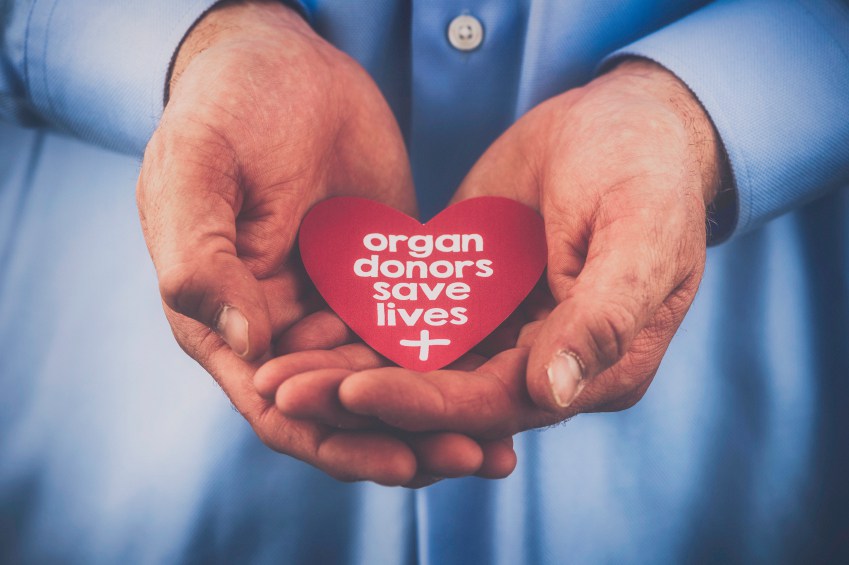Saving a Life
April 13, 2018
“95% of U.S. adults support organ donation. Only 54% are actually signed up as donors,” according to Organdonor.gov. Why is that? Unfortunately, despite the amazing idea of organ donations and a part of you living on in someone else after you’re gone, some people do have some reservations that come with checking that box on their driver’s license. According to The Atlantic, reasons why people choose not to donate their organs include a popular belief that doctors will not work as hard to save you if you are signed up as a donor. Although, what some people may not know is that doctors have to swear to something called the Hippocratic Oath, an oath that holds doctors to certain ethical standards and overall states that they can do no harm. This promise denies them the ability to possibly not work as hard in an effort to save you. Besides, when and if you choose to become a living donor and donate a kidney – the only organ you can donate while alive – the complications are low. According to Kathy Kelsey, a volunteer at NJ Sharing Network, a non-profit organization that works to provide organs and tissues to those who are in dire need of them, “donating a kidney does not reduce a living donor’s life expectancy and should the donor ever need a kidney they are placed at the top of the waiting list and given priority.”
Another problem that affects donations is people taking their medical knowledge from television shows such as doctor drama Grey’s Anatomy. Unfortunately, these programs misinform people on the medical world, according to The Atlantic. Overall, these fears and false beliefs end up leading to possible donors choosing to not actually take that step.
One person can save eight lives through the donation of their heart, 2 lungs, liver, pancreas, 2 kidneys, and intestines, according to Organdonor.gov. That means that by becoming an organ donor, you can save eight people. That alone seems to be enough to sign up, but for many, it is not. Maybe the fact that 20 people die each day waiting for a transplant or that every 10 minutes someone is added to the waiting list is, according to Organdonor.gov.
The fact of the matter is, 116,000+ people are on the national waiting list according to Organdonor.gov, and you can easily sign up so that one day when your time comes, you can hopefully help some of these people.
Kelsey should know how much organ donation matters: she herself donated a kidney to her husband and says it’s the best decision she ever made. “Personally, there was no hesitation on my part when I learned I was a match for my husband. Absolutely the best decision I ever made (besides marrying him)… If it were possible, I would donate my remaining kidney to someone waiting,” she said.
If other people had the same mindset, many more donations could be made and many more lives could be saved. So, when thinking of becoming an organ donor, remember that you can make a true difference in someone’s life and that although it is a very important decision, it is something that goes beyond yourself and that in itself is a decision that one does not get to make often.
According to DMV.org, this is what you can do if you want to sign up as an organ donor: “You can either register when you apply for or renew your driver’s license, or do so online at your state’s organ donor registry.” Anyone over the age of 18 can become a donor but depending on the state you live in, you may be able to become a donor while under the age of 18 with your parent’s permission.


